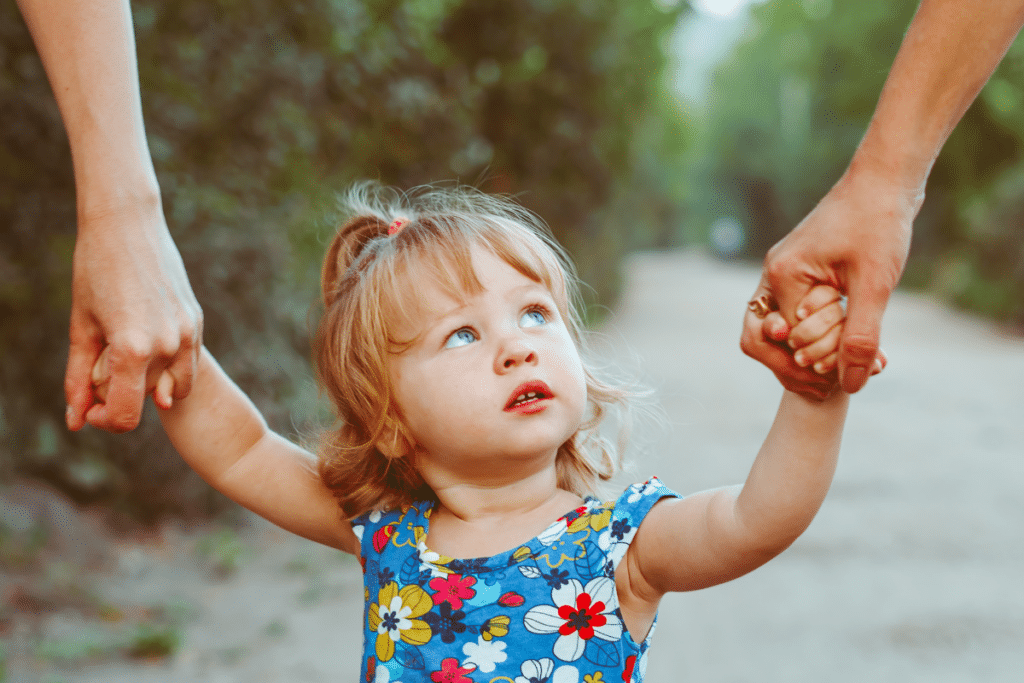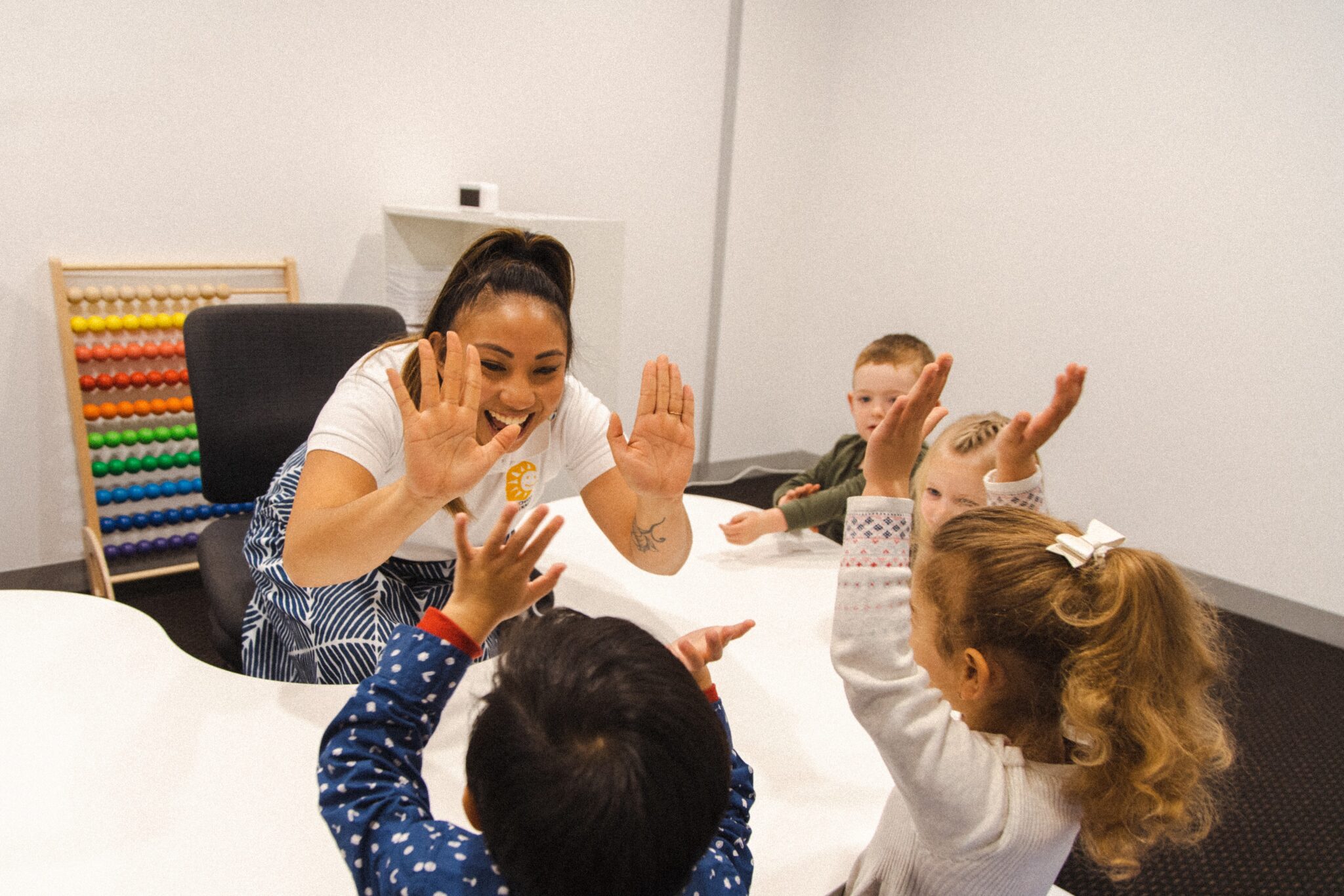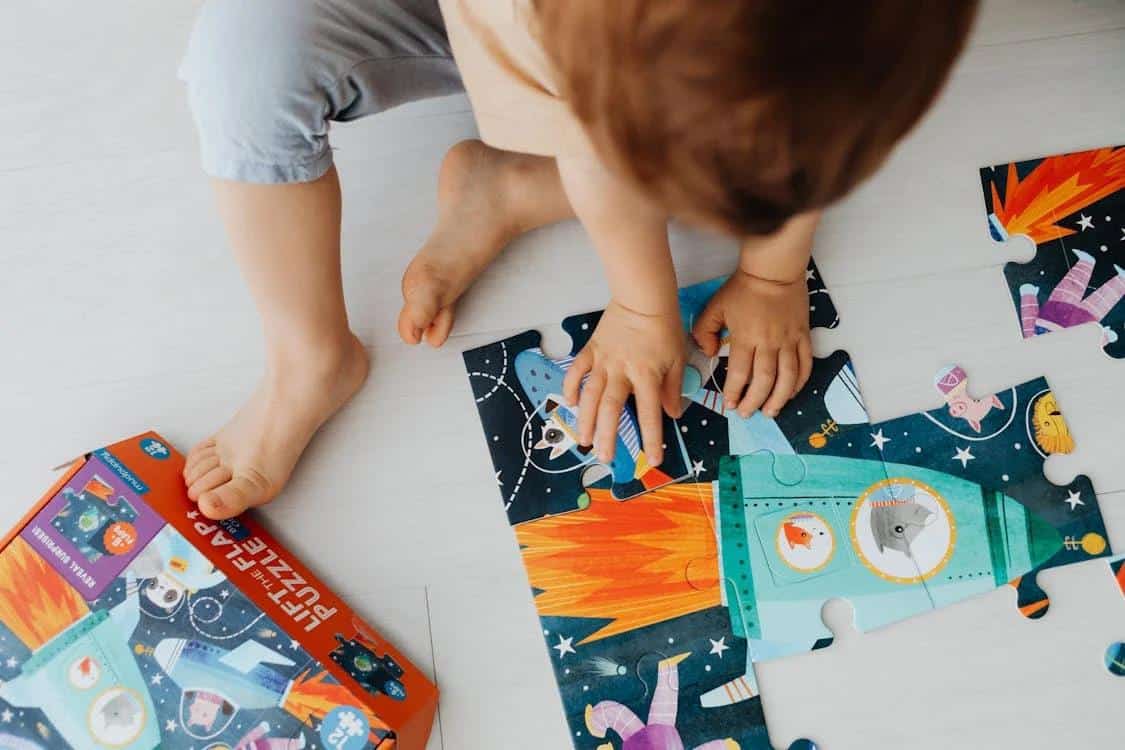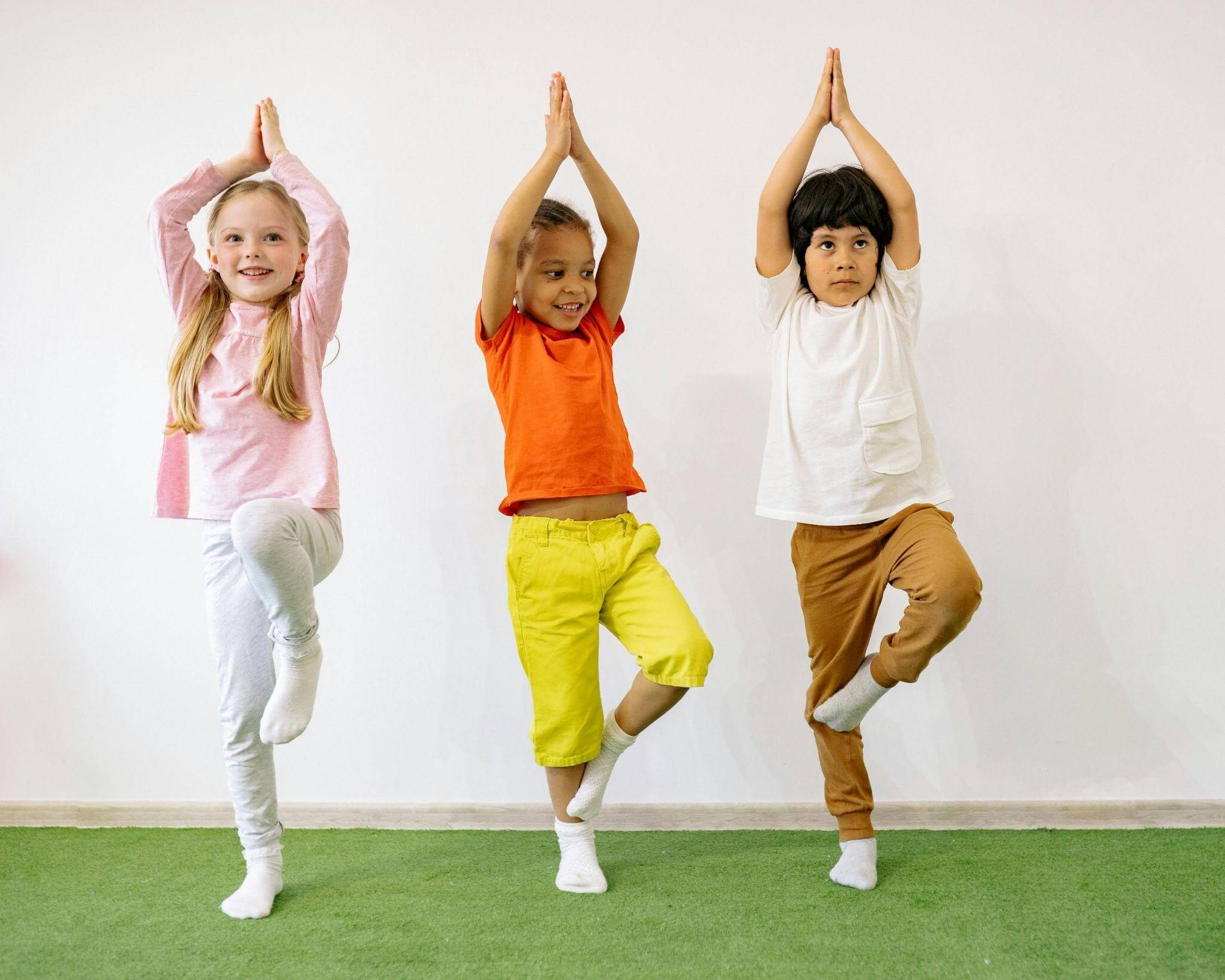
The Importance of Role Models For Kids
Do you remember the adults who inspired you as a child? They likely played a significant role in who you are today. From parents and teachers to community leaders and peers, the individuals your child looks up to can significantly influence their development. As a parent or guardian, you’re not only your child’s first teacher but also their most important role model. The way you act, speak, and respond to life’s challenges sets a powerful example for them to follow. Let’s explore why it’s important to be a great role model for kids.
Key Lessons Learnt from Positive Role Models for Kids
Children are natural imitators. From a young age, they observe the actions and attitudes of those around them, especially those they admire and trust. These observations shape their understanding of how to navigate the world. Positive role models for kids provide them with examples of how to behave in various situations, instilling values like kindness, responsibility, and perseverance.
The study, The Impact of Role Models, Mentors, and Heroes on Academic and Social Outcomes in Adolescents (2020), shows a strong correlation between good role models for kids and positive outcomes in adolescents.
Children learn a wide range of valuable lessons from observing and emulating a good role model. Here are some of the key traits and behaviours they can develop:
- Kindness and Empathy: How to treat others with respect, understanding, and compassion.
- Responsibility: The importance of fulfilling obligations and taking ownership of their actions.
- Perseverance: The value of working hard and not giving up when faced with challenges.
- Resilience: How to bounce back from setbacks and handle difficulties with a positive attitude.
- Honesty and Integrity: The importance of being truthful and upholding moral principles.
- Problem-Solving: Approaching challenges thoughtfully and seeking solutions rather than giving up.
- Healthy Habits: Adopting positive routines related to health, wellness, and self-care.
- Social Skills: Effective communication, cooperation, and conflict resolution.
- Goal Setting: The ability to set and work towards personal goals with determination.
- Confidence: Believing in themselves and their abilities, influenced by seeing their role model’s self-assurance.
- Positive Attitude: Approaching life with optimism and a proactive mindset.
- Curiosity and Lifelong Learning: Developing a love for learning and exploring new ideas.
These traits and behaviours, learned from a good role model, contribute to a child’s overall growth and development, helping them become well-rounded, capable, and resilient individuals.
The Power of Parental Influence
As a parent or guardian, your influence on your child is immeasurable. You’re their first and most enduring role model. The way you handle everyday situations, from managing stress to celebrating successes, teaches your child valuable lessons about resilience, empathy, and self-control.
Your actions and attitudes shape their worldview and guide their behaviour in social, academic, and personal contexts.
Being a good role model doesn’t mean being perfect. It’s about demonstrating qualities like honesty, compassion, and determination, even when faced with challenges. By showing your child how to navigate difficulties with grace and integrity, you provide them with a blueprint for handling their struggles.

How to be a Good Role Model for Your Kids
Lead by example: Children learn by watching, so it’s important to model the behaviour you want to see in them. Whether it’s practising good manners, showing respect to others, or maintaining a positive attitude, your actions speak louder than words.
Be consistent: Consistency is key when it comes to being a role model. Children need to see the same values and behaviours demonstrated consistently over time. This helps them understand what’s expected of them and reinforces the importance of these behaviours.
Communicate openly: Engage in open and honest conversations with your child about your values and why they’re important. Discuss your decisions and the reasoning behind them, helping your child understand the thought process involved in making good choices.
Show empathy: Demonstrating empathy towards others teaches your child the importance of kindness and compassion. Encourage them to consider others’ feelings and perspectives, and model this behaviour in your interactions.
Set and pursue goals: Show your child the importance of setting goals and working towards them. Whether it’s a personal, professional, or academic goal, let them see the effort and determination you put into achieving it. This teaches them the value of hard work and perseverance.
Admit mistakes: No one is perfect; children need to see that. Admitting when you’ve made a mistake and taking responsibility for it teaches your child humility and accountability. It also shows them that it’s okay to make mistakes as long as you learn from them.
Positive Role Models Beyond the Family
Role models’ influence on kids can extend beyond their immediate circle as they age. While parents and guardians are foundational, other figures like teachers, coaches, and community leaders can provide valuable insights and reinforce positive values.
In today’s digital age, social media has introduced a new dimension to the concept of role models. Children may look up to online influencers, athletes, or public figures who inspire them. It’s essential to guide children in selecting positive online role models who promote healthy values and behaviours.
Encourage your child to seek out role models who:
- Inspire them: Look for individuals who motivate your child to be their best.
- Share their values: Find role models who embody the qualities you want your child to develop.
- Demonstrate positive behaviours: Choose role models who exhibit kindness, empathy, and perseverance.
By expanding your child’s exposure to positive role models, you’re helping them develop a broader perspective and a stronger sense of self.
Positive Role Models for Kids Education
A dedicated and enthusiastic educator can ignite a passion for knowledge that extends far beyond the classroom. Peers who are committed to their studies can create a supportive environment that encourages academic excellence. By surrounding your child with positive influences, you’re nurturing a growth mindset and fostering a love for learning that will benefit them throughout their lives.
Beyond imparting knowledge, role models in education teach children invaluable life skills. They help students develop critical thinking, problem-solving abilities, and the confidence to tackle challenges head-on. These skills are essential not only for academic success but also for navigating the complexities of life.

Encouraging Your Child to Be a Role Model
As your child grows, they will have opportunities to become role models themselves. Encourage them to lead by example, whether it’s by helping a younger sibling, being a supportive friend, or taking on leadership roles in school or extracurricular activities. By fostering a sense of responsibility and leadership in your child, you help them develop the confidence and character needed to be a positive influence on others.
As their first and most important role model, you can set your child on a path to success by partnering with Shichida. Together, we’ll nurture kind hearts, big dreams, and a lifelong love of learning. Whether at home, in school, or in the community, the impact of good role models is profound and lasting, shaping the adults our children will become. Give your child the best start in life – enrol today!


